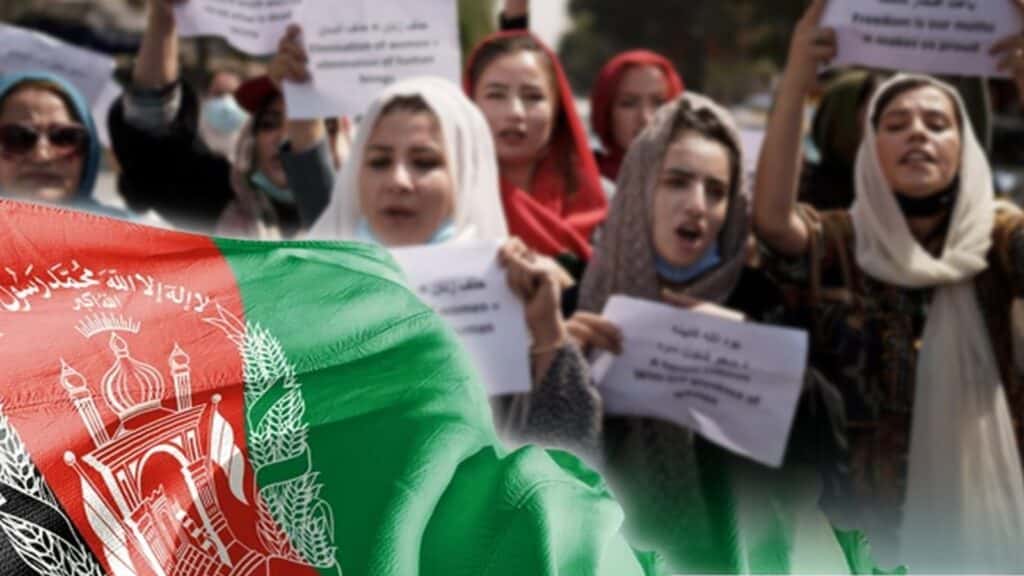Afghanistan is hurtling toward disaster. Once the center of international attention, it is now battling a brutal food crisis, a resurgence of terrorist safe havens, and a crushing clampdown on women’s rights — all under a regime that seems deaf to global outcry.
A chilling report by the UN’s Food and Agriculture Organization (FAO) and the Food Security Information Network (FSIN), released in May 2025, places Afghanistan among the top nine most hunger-stricken nations on Earth. An estimated 3.6 million Afghans are on the edge of famine, living under IPC Phase 4 — a heartbeat away from catastrophe.
But the crisis goes beyond empty plates. Pakistan accuses the Taliban regime of harboring Tehrik-i-Taliban Pakistan (TTP) militants, allowing them to regroup and launch deadly cross-border attacks. International experts warn that global terror networks like Al-Qaeda are also finding safe ground once again inside Afghanistan’s borders.
And then, there’s the silent war — on women.
The Taliban has wiped out women’s right to education, work, and basic freedom of movement. These medieval restrictions have provoked fury across the world. In a dramatic shift, the U.S. State Department is now weighing the option of formally declaring the Taliban a terrorist organization, citing both its ties to violent groups and its brutal suppression of women.
If the Taliban continues to defy global pressure and regional peace demands, the consequences will be dire. Not only could humanitarian aid evaporate, but economic lifelines may also be severed — plunging the country deeper into the abyss.
Experts say that aid alone won’t fix this. Only bold reforms, real regional cooperation, and respect for human rights can pull Afghanistan back from the edge. Until then, the people of Afghanistan remain trapped — not by fate, but by the choices of those in power.





